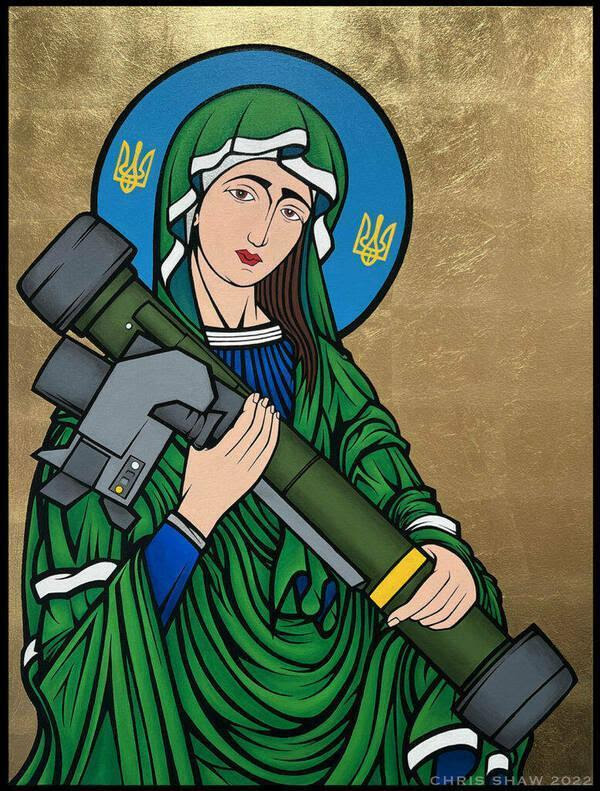Deadline: December 18, 2022
CfP: Epidemics and Contagion in Slavic and East European Studies
Hamilton College
March 3-4, 2023
Clinton, NY
The working group “Medical Humanities in Slavic and East European Studies” at Hamilton College, Yale University, and Brown University invites proposals for papers at a symposium hosted by Hamilton College on March 3-4, 2023.
This two-day symposium aims to foster collaboration and intellectual exchange amongst researchers who are currently investigating the representation of epidemics and contagion in Slavic and East European Studies (SEES). We invite participants to discuss how epidemics affected the historical, artistic, and literary landscape of Eastern Europe and Russia and, in turn, how cultural perceptions of epidemics challenged predominant medical narratives and histories of public health. We welcome proposals from a variety of disciplines, including literature, history, ethnography, and medical anthropology. We are especially interested in approaches that consider epidemics within medical geographies, focusing on the asymmetrical power relations between metropolitan and rural areas, Imperial centers, peripheries, and frontiers.
Continue reading “CFP: Epidemics and Contagion in Slavic and East European Studies”

